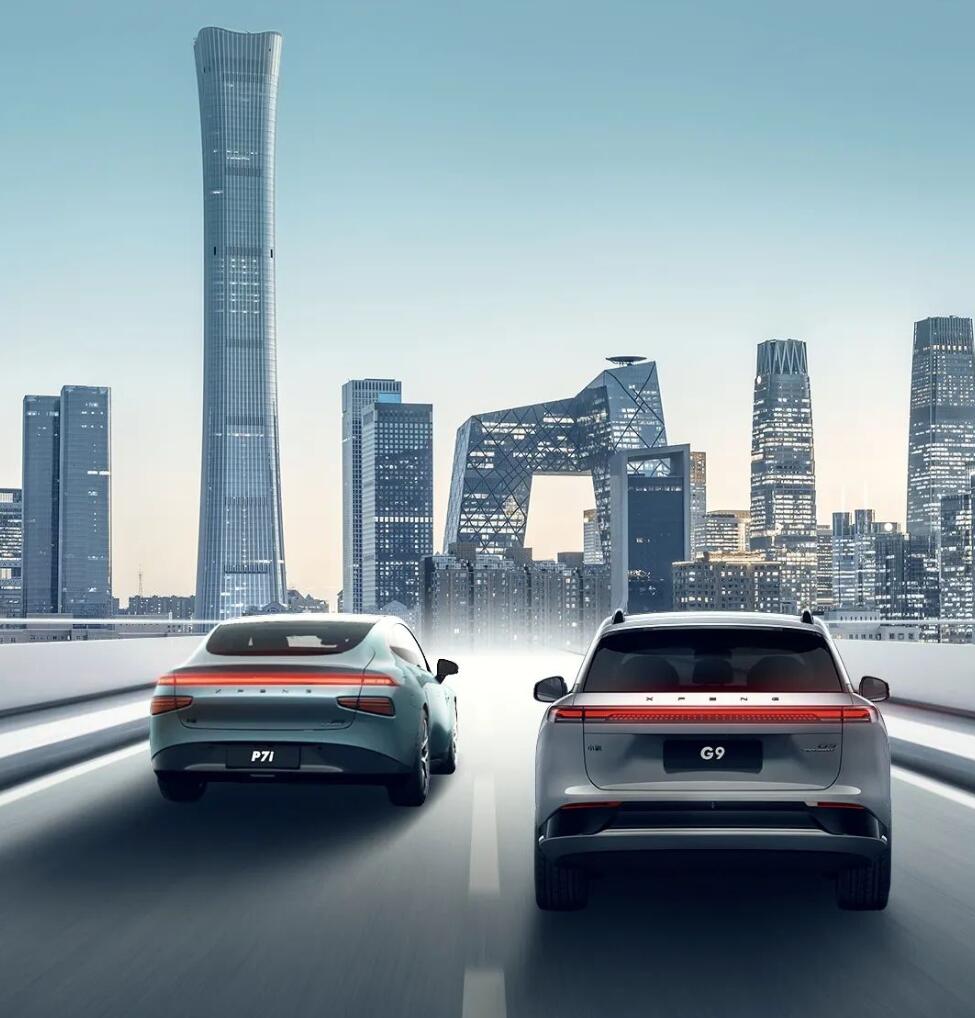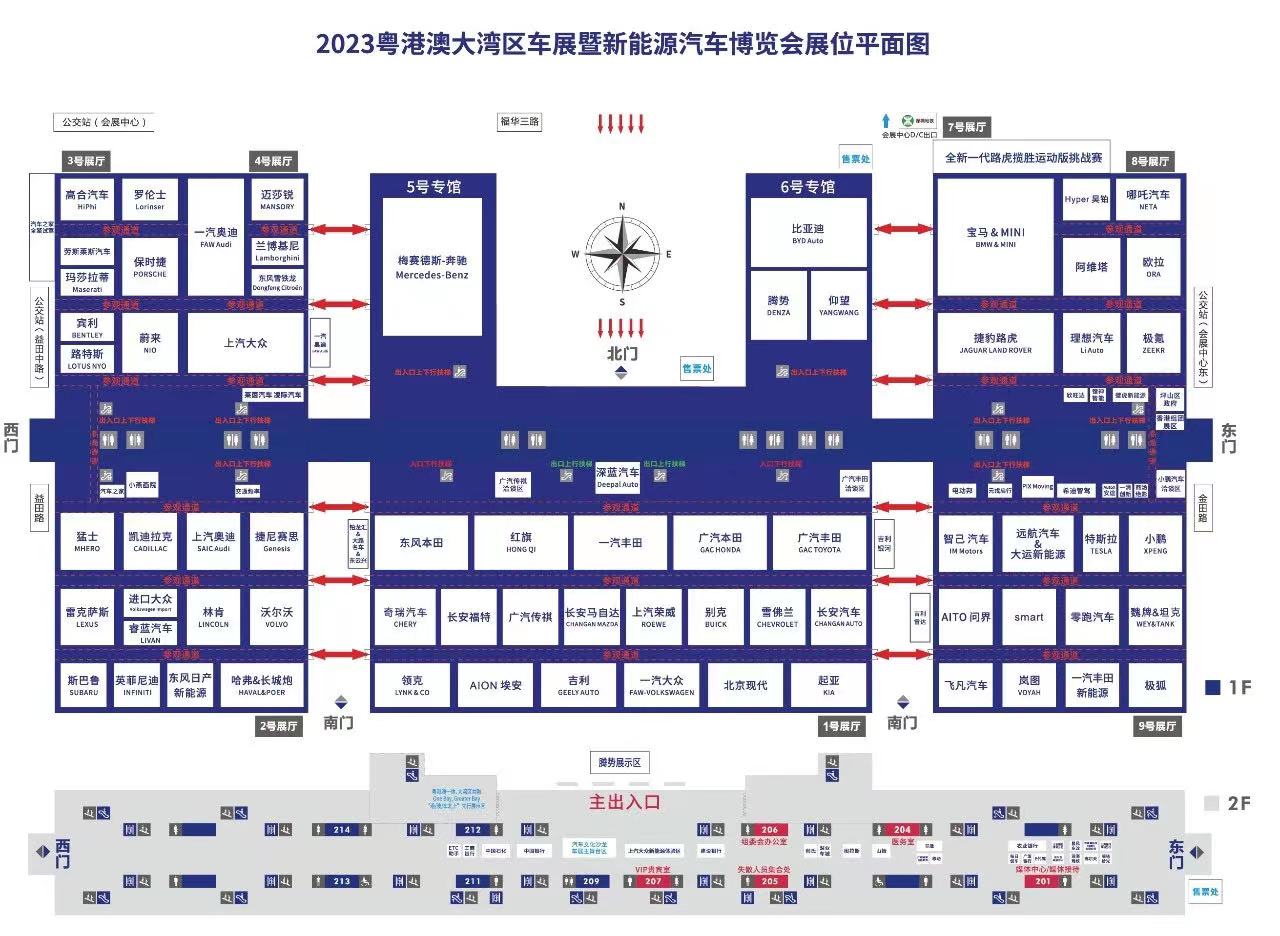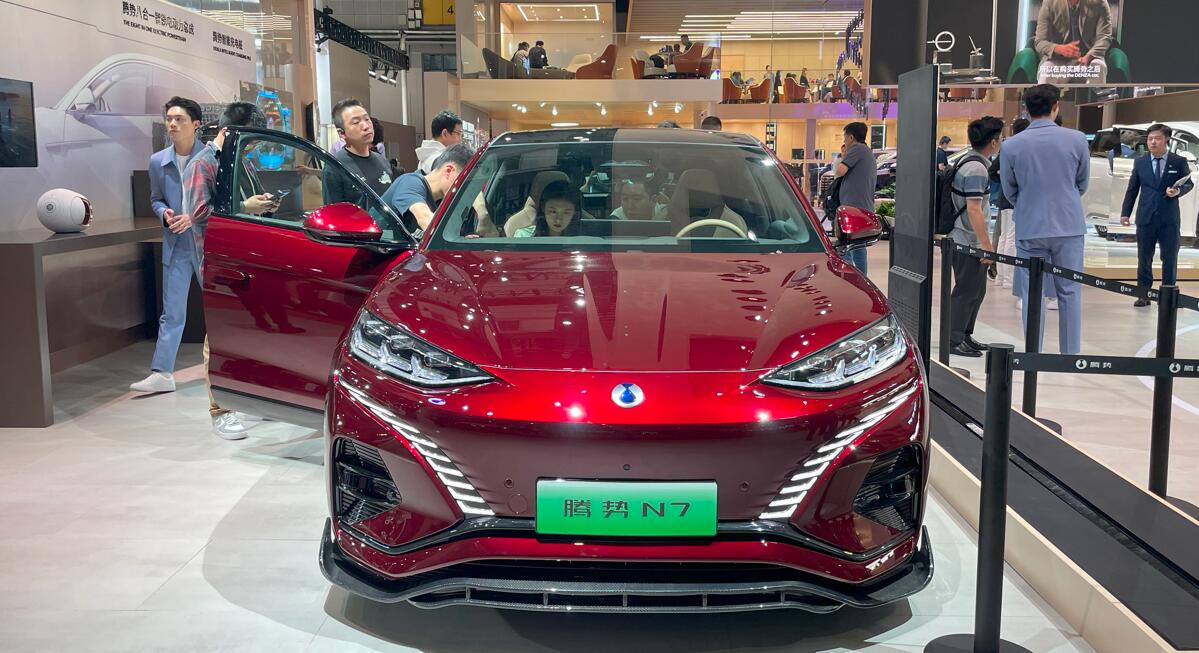XPeng will enter an accelerating positive feedback loop starting in the third quarter of this year and will see faster growth from the third quarter of next year to the end of 2025, XPeng's CEO said.

(Screenshot from the video of XPeng CEO He Xiaopeng's speech.)
Electric vehicle (EV) startups see ups and downs in fortunes as the industry grows rapidly in China. XPeng (NYSE: XPEV) is one of the EV makers that has been in a downward spiral over the past year, but its CEO doesn't think it's a big deal.
In a speech at the China Auto Blue Book Forum in Wuhan, central China's Hubei province, XPeng chairman and CEO He Xiaopeng argued that the landscape of China's EV industry is not yet set and that there's no need to worry too much about winning or losing in the moment.
"Whether it's joint ventures, state-owned enterprises, or private companies, including the new car makers, we see very fierce competition in the whole industry," he said.
"In fact, I don't think we need to worry too much about this competition. First of all, has anyone already got the qualification to stay at the table today?" he said.
"At least, I don't think there's a single company in China, not a single startup, that will definitively be on the table for the next one," he added.
Citing the development of China's Internet industry over the past 20 years, he said he had been thinking from 2007-2010 about which products would qualify to be part of the mobile Internet end game.
"In fact, we later found out that there was no answer to that question," he said.
None of the products had a chance of qualifying for that from 2007 to 2010, and that qualification came in 2010 and later with the emergence of big hardware and software players, he said.
XPeng has seen strong delivery growth in 2021, with deliveries reaching an all-time high of 16,000 units in December 2021.
Its deliveries have continued to be weak since the second half of last year, dropping to 5,218 units in January of this year. In the past three months, it has delivered at slightly above 7,000 units each month.
Its local counterpart NIO (NYSE: NIO) fared a bit better last year, but also faced a similarly sluggish delivery as it switched products this year, delivering just 6,155 vehicles in May.
In contrast, Li Auto (NASDAQ: LI) has maintained strong deliveries since last year, with a record 28,277 vehicles delivered in May.
It's worth noting that Li Auto's current models are all extended-range electric vehicles (EREVs), which are essentially plug-in hybrids and have a much larger market space. Both XPeng and NIO only offer battery electric vehicles, which are in a fast-growing but small market.
In his speech today, Mr. He said he could foresee a large number of hybrid models in China in the next two years, especially in the family car segment.
"Because everyone sees the success, they will follow. Because they are following, a large number of models will focus on the same place. It's a very interesting thing," he said.
He stressed that automakers should have a long-term vision. "I think in the automotive space, for everything, you have to think about the layout for ten to twenty years, it's not possible to achieve a big change in three years' time," he said.
XPeng has faced many challenges in the last year, but the positive feedback for the company will accelerate in the full year starting in the third quarter of this year, he said.
From the third quarter of next year to the end of 2025, XPeng will enter a hyper-speed positive feedback loop, he said, adding that this is based on XPeng's overall layout.
The post XPeng CEO sees China EV landscape far from set appeared first on CnEVPost.
For more articles, please visit CnEVPost.



















